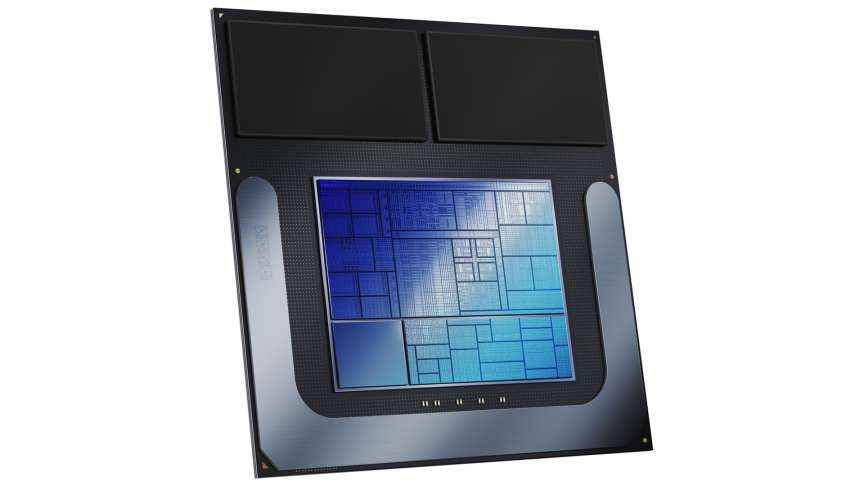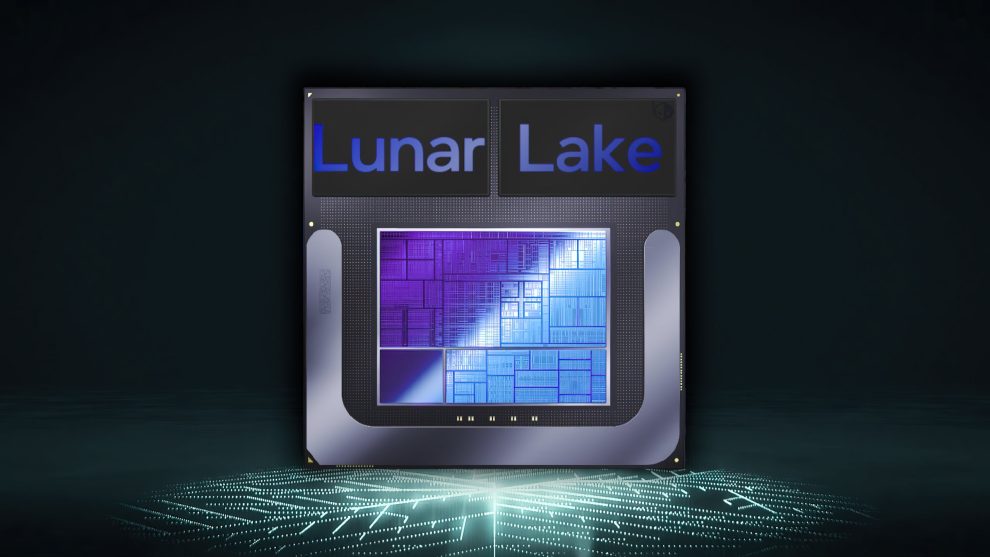Intel has unveiled its latest Lunar Lake processors, part of the Core Ultra Series 2 lineup. This new generation of chips promises to deliver unprecedented battery life and AI performance, potentially challenging the dominance of Qualcomm’s Snapdragon in the ultra-efficient laptop market.
The Battle for Laptop Supremacy Heats Up
As the sun rose over Intel’s sprawling Santa Clara campus on September 24, 2024, tech journalists and industry analysts gathered for a hands-on experience with the new Lunar Lake-powered devices. The atmosphere was charged with anticipation, as Intel’s latest offering represents a significant shift in their mobile strategy.

“We’re not just launching a new processor,” declared Dr. Lisa Chen, Intel’s VP of Mobile Computing. We’re redefining what users can expect from their laptops in terms of battery life and AI capabilities.
A Focus on Efficiency and AI
At the heart of Intel’s new approach is a laser-focus on power efficiency without compromising on performance. The Core Ultra 7 258V, a mid-range chip in the Lunar Lake lineup, boasts an impressive configuration:
– 4 performance cores
– 4 efficiency cores
– 4.8GHz turbo clock speed
– 8 threads for processing
But the real story lies in how Intel has optimized these components for real-world usage.
Our goal was to create a chip that could deliver Snapdragon-like battery life with the performance and compatibility users expect from Intel,” explained Chen.
To put Lunar Lake through its paces, Intel provided an Asus ZenBook S14 laptop for testing. The results, while mixed, paint an intriguing picture of Intel’s new direction.
CPU Performance
In synthetic benchmarks like Cinebench R23 and Cinebench 2024, Lunar Lake showed modest performance compared to its predecessor, Meteor Lake, and competitors like AMD’s Ryzen AI 300 and Qualcomm’s Snapdragon X Elite.
“We’re seeing a clear prioritization of battery life over raw CPU performance,” noted Mark Thompson, a senior analyst at TechInsights. It’s a bold move, but one that could pay off in the ultraportable market.
Lunar Lake’s Hidden Strengths
Where Lunar Lake truly shines is in its integrated GPU performance and AI capabilities. In 3DMark tests and real-world gaming scenarios, the chip surprised many with its ability to handle yesterday’s AAA titles at playable framerates.
Sarah Wong, a professional esports player who tested the device, was impressed: “I was skeptical at first, but running Cyberpunk 2077 at over 60fps on a thin-and-light laptop? That’s a game-changer for mobile gaming.”
Intel’s investment in AI acceleration is evident in Lunar Lake’s performance on UL’s Procyon AI benchmark. The Core Ultra 258V, with its 47 TOPS (Trillion Operations Per Second) of AI compute power, went toe-to-toe with Qualcomm’s Snapdragon X Elite.
Dr. Rajesh Patel, an AI researcher at Stanford University, sees significant potential: “The combination of CPU, GPU, and NPU in Lunar Lake opens up new possibilities for on-device AI applications. We’re just scratching the surface of what’s possible.”
Battery Life
Perhaps the most impressive aspect of Lunar Lake is its battery life performance. In PCWorld’s video rundown test, the Lunar Lake-powered Asus ZenBook lasted an astonishing 21 hours.
It’s almost ludicrous,” laughed Chen during the demo. We’re talking about laptops that can genuinely last for days on a single charge.
Even under more realistic workloads simulated by UL’s Procyon battery life test, Lunar Lake managed 17 hours and 7 minutes, narrowly edging out the Snapdragon X Elite’s 16 hours and 20 minutes.
While Lunar Lake represents a significant step forward for Intel in the mobile space, challenges remain. Compatibility issues continue to plague Arm-based systems like those running Snapdragon chips, giving Intel an edge in software support.
However, as Dr. Emily Tan, a computer science professor at MIT, points out, “The landscape is shifting rapidly. With Microsoft’s continued investment in Arm support for Windows, that advantage may not last forever.
As the demo day wound down and journalists filed out of Intel’s campus, the buzz was palpable. Lunar Lake represents not just a new product, but a philosophical shift for Intel – one that prioritizes efficiency and AI performance over raw CPU power.
While it may not be the outright “Snapdragon killer” some had hoped for, Lunar Lake positions Intel as a serious contender in the ultra-efficient, AI-capable laptop market. As Chen put it in her closing remarks, “This is just the beginning. The future of mobile computing is bright, and Intel is leading the charge.”
















Add Comment